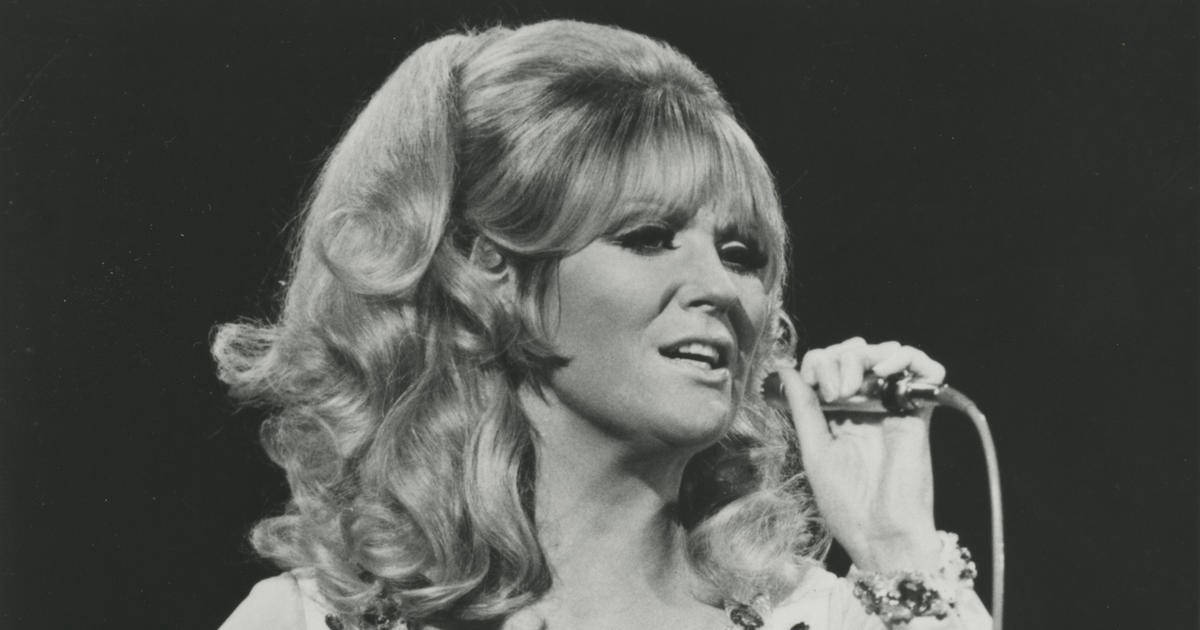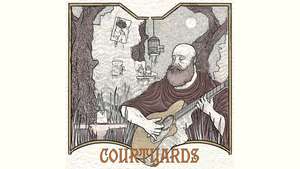
Of Springfield, Fox and Me
“Remembrance of things past is not necessarily the remembrance of things as they were.”
A lot like when you listen to Bossa nova; the world is brighter and spacious, the decor and architecture, rounded and colourful. A warm seaside breeze envelops you, long white drapes dance gently on tall, arched windows. No, you don't imagine this, you remember it. Even if you didn't exist at the time, even if you haven't seen video footage of the stunning Astrud yet, even if you were born in another corner of the world.
I feel this most with Dusty Springfield's 1963 chart hit I Only Want To Be With You.
A conversation last evening with a dear old friend led me through bursts of nostalgia. When you enter your forties, these discussions seem to become more commonplace and as a consequence, I've begun to maintain that life is a series of illusions where the unconscious plays a bigger role than we'd imagine. In our twenties, we were passionate and hard-headed. They were the teens we wished we'd had, with newfound disposable income. Then our thirties were the twenties we wished we'd had, so on. Around the age of forty, we begin to have our first real affair with nostalgia - a nest of solace for the newly irrelevant. We're not the target market for anything 'contemporary' anymore. That begins to end at thirty-five, give or take a couple of years for denial and eventual acceptance.
We enter an age of forgiveness. Forgiving ourselves and our pasts. If you showed me pictures of my double-breasted-blazer wearing days of my teens and early-twenties when I was thirty-one, I'd probably have buried my face in my palms. Nowadays, I'm beginning to see a sort of affectionate humour in it all. It truly wasn't that bad! I smile, as I would whilst remembering the words to Luhrmann's sunscreen song.
For these reasons, I often advise authors not to tell their fundamental tales, the tales they were born to tell, before the age of forty. To let them marinate for two decades or so, even if they've begun writing them. Your forties mark a return to simplicity. In fact, some of the prolific and influential first works, especially in the case of coming-of-age stories, were by those at that very age - in prose, poetry, music and cinema. It reminds me of what someone (I can't for the life of me remember who, and when) once told me; The best chick lit is not written by chicks but by hens (I still chuckle at the reference and context). Life experience plus fond nostalgia is what makes them quintessential.
And somehow in my meandering mind, this naturally brings me back to Springfield's I Only Want To Be With You. Don't ask how!
Mike Hawker, the co-writer of the song, wrote it soon after he married, inspired by his "intense romantic feelings for his new bride". A naive lyrical quality comparable to childlike excitement. Eventually when he was close to forty, he submitted the song, a piece of writing we'd hardly deem cerebrally fit for a person that age, to Springfield's record producer.
By now the work was intended neither for the man himself, nor for those his age. It was in fact Hawker's simplistic lyrics that catapulted a struggling Springfield to unimaginable success with the song reaching number four in the UK, number twelve in the US and six in Australia.
Incidentally, three remakes of it, sung in consecutive decades after that were also affirmed chart hits - The Bay City Rollers (1976), The Tourists (1979) and Samantha Fox (1986), making it one of the few songs to have influenced two consecutive generations of parents and children coupled with the sub-generation enveloped in between them.
There's actually a personal twist in all of this. When I'd first heard Springfield, it wasn't Springfield at all, but Samantha Fox (Thanks, Proust). That was the version I'd heard in my own lifetime at age seven. But it didn't matter, it was the same. Through Fox I 'remembered' Springfield. It's also why, despite the nose-squinching snobbery of the musical elite, covers of songs are so important. They are a means to keep something good alive. They are also what connected me to the friend I spoke of earlier. Though he's senior by fourteen years, living countries apart, we still enjoy the same tracks and memories, like I was really there when he was growing up. A generationally disparate, shared nostalgia.










Comments